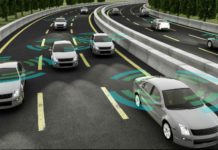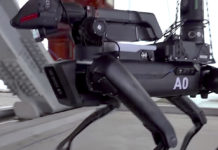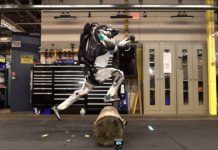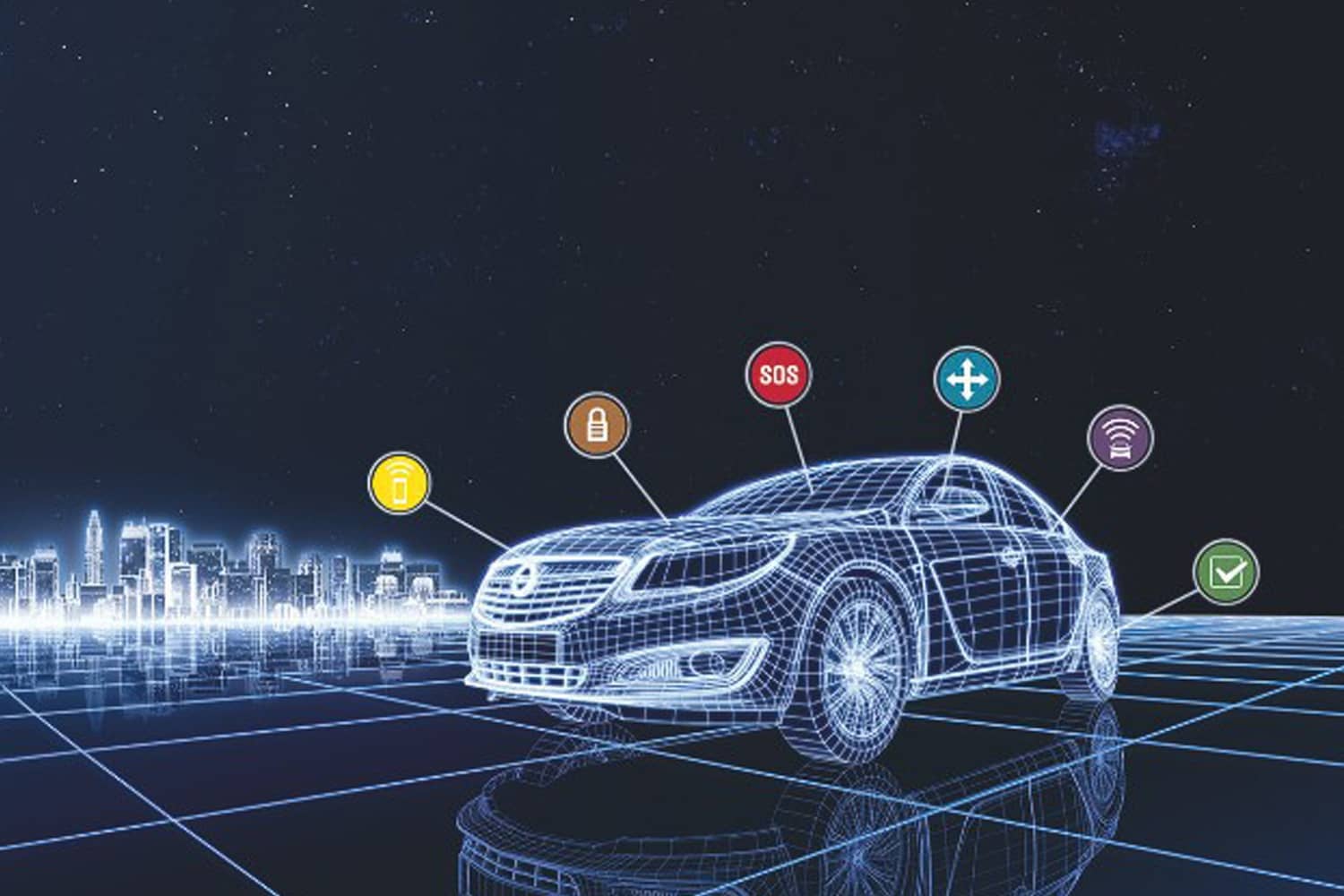With the growing Internet of Things (IoT), the vast majority of our devices will be connected to the internet. When people think of IoT, watches, phones and other small devices often spring to mind. But increasingly, manufacturers are dreaming big. Large “gadgets” like our automobiles are getting synced into the web and updated with new technology.
Automobile manufacturers are now embedding WiFi into their vehicles, offering Apple CarPlay integration, GPS navigation, email and much more. In fact, by 2020, connected car market research estimates that connected car services will account for nearly $40 billion in annual revenue. Regarding this forecast, this market will be driven by a host of applications, including but not limited to infotainment, navigation, fleet management, remote diagnostics, automatic crash notification, enhanced safety, UBI (Usage Based Insurance), traffic management and even autonomous driving.
The Technology of the Connected Car
Cars already contain advanced technology, with hundreds of sensors and numerous onboard computers and processors. With non-connected cars, however, most of the information is generated or stored locally.
For example, you can download GPS-based maps but they might not be up to date. Or you can download MP3s, but you won’t always have access to the latest and greatest hits.
With connected cars, everything will be up to date.
Of course, the biggest benefits of the internet aren’t entertainment based. With connected cars, automobile manufacturers will one day remotely update software systems, and monitor engine performance and powertrain performance.
Big Data Use Cases for the Connected Car
Forget to change your oil, or is an oxygen sensor malfunctioning? Your automobile manufacturer will be able to tell you immediately and remotely.
Have to respond to an important email, check your bank balance or pay some bills? With just a few more technological advances, you’ll be able to do so from the comfort of your own car.
As data is being gathered, companies will discover even more about consumer behavior. For example, are there links between the type of music people listen to, and which drive-through restaurants, gas stations or other places they prefer to visit? Speaking of the customer lifecycle, well, customer behavior analytics help you in all four phases of it.
- They help you acquire customers
- They help you engage with them once you’ve brought them into your family
- They help you retain those customers for a long journey
- And then they help you maintain the loyalty of those customers so that you can work with them to maximize the lifetime value
This could have a huge impact when companies decide which radio stations to spend their advertising budgets on. By gathering big data through connected cars, it may be possible to uncover a wide range of correlations.
Either way, connected cars promise big innovation. The connected car industry is projected to enjoy huge growth in the years ahead. In 2014, McKinsey estimated the global market for connectivity components and services was valued at about $38 billion. By 2020, McKinsey estimates the industry will grow to $215 billion.
Big Data and the Connected Car Fleet
For businesses, one of the biggest benefits for connected cars will be fleet management. Many companies have to manage hundreds or even thousands of company automobiles. By utilizing connected cars and big data, companies will maintain better control and oversight of their fleets.
For example, companies could use an array of sensors in their connected cars to analyze aggregated data. Are certain drivers speeding or using improper braking techniques? Are drivers taking routes that are under construction, or choked with traffic while faster routes are available? By monitoring sensors and analyzing big data, companies will discover this information and more.
Furthermore, in the future companies will easily monitor cars across systems to maintain them in peak performance. Companies will also be able to ensure their cars aren’t being misused or abused by drivers, which will lower upkeep costs over time.
Using Big Data to Understand Roads and Infrastructure
The massive interconnected roadways in the United States and other countries generate vast amounts of data. Construction, accidents, stoplights — the amount of data from road ways is immense. As more cars become connected, the amount of gathered data will only increase.
Using the vast amount of data, city planners and city engineers will better plan out roadways and traffic flows. Navigation systems will also become more accurate in uncovering the fastest routes. Even more importantly, early warning systems can be designed to warn people of hazard spots in the road, such as sharp turns, construction or hidden driveways.
This data, in turn, will help civil engineers design more efficient and safer roadways.
How Big Data Analytics Can Lead to Custom Insurance
In the future, insurance companies can use connected cars to monitor driver performance and safety. This will certainly raise ethical and privacy issues and some drivers might not like the idea of “big brother” insurance companies monitoring them through their sensors.
Still, safe drivers who consistently obey the rules of the road, say by following posted speed limits, could be offered a discount if they prove their safe driving habits with data from connected cars.
After accidents and other incidents occur, insurance companies may be able to use data from connected cars to figure out what happened. This could reduce false claims and help both insurance companies and legal authorities figure out who is truly at fault.
With all of this data, insurance companies may be able to eventually provide one-on-one driving insurance. As a result, this could increase incentives for drivers to drive safely. In turn, more drivers practicing safe driving practices could actually make roadways safer for all drivers.
The Future for Connected Cars Is Soon — And Big Data Will Get Us There
We’ve discussed quite a number of hypotheticals in this article. However, connected cars are already a reality.
The automotive industry, including manufacturers such as GM, Chrysler and Audi, already offers wifi integration. Meanwhile, Ford’s SYNC technology allows drivers to use their smartphones to turn cars into wifi hubs. Other companies, such as Mobley and Audiovox, also offer gadgets that can turn cars into wifi hotspots.
Furthermore, as adoption rates increase for mobile cars, more gadgets, wifi services, apps and other innovations will be created. As a result, even more data will be generated and new opportunities will emerge.
The possibilities out there are endless and people are imaginative. In 10 years, who knows what our cars will look like and what they might do?
This article was written previously by Datameer.


































